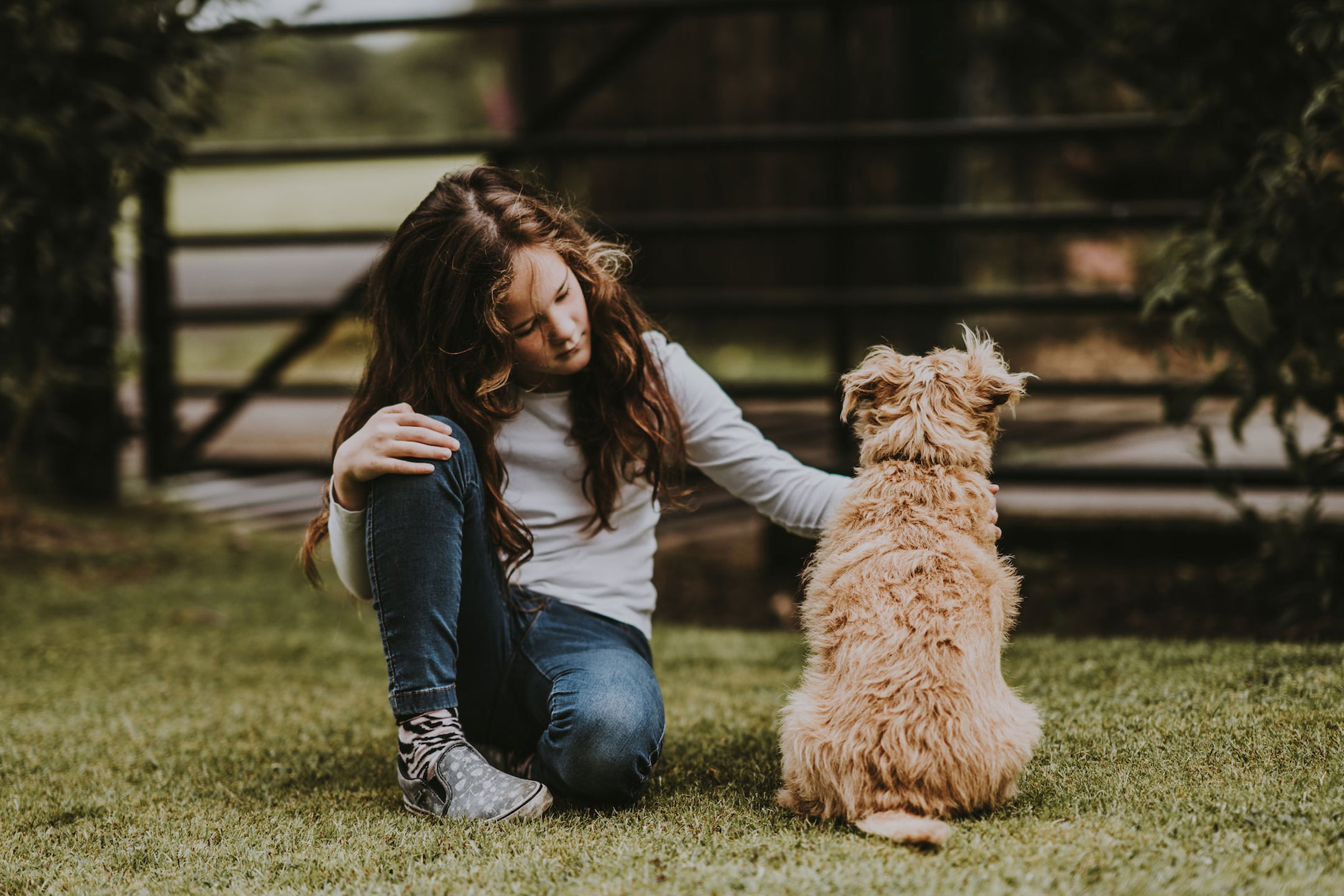
25 Sep Thinking of Adopting a Pet? Good things to know first.
Why Planning for Hidden Health Costs Matters
Australia’s animal shelters are under pressure, with pet surrenders climbing as families face rising living costs, relocations and downsizing. In the last financial year, more than 81,000 animals entered RSPCA shelters nationwide, while Companion Animal Network Australia (CANA) recorded an 11.6 per cent increase in surrenders.
The good news? Most of these animals are being re-homed. The challenge? New owners may be unprepared for the hidden health issues that sometimes come with adopting a rescue pet.
Why health surprises are common
Shelters provide vaccinations, parasite treatments and vet checks, but not every chronic or underlying condition shows up straight away. Petsy founder Monica Limanto says many issues only emerge once the animal has settled into a new environment and routine.
Petsy’s national claims data shows that:
- 70% of claims are for illness rather than injury
- The most common conditions include gastrointestinal and digestive issues (23%), skin disorders (14%) and ear conditions (9%)
- Other frequent problems include eye, urinary and respiratory disorders, plus growths and cysts
Less common – but often costly – issues like neurological, hormonal and blood disorders can also arise. “Adopters want transparency around their pet’s health and the associated costs,” says Limanto. “A comprehensive vet check and a clear understanding of insurance coverage can give peace of mind.”
Summer risks ahead
With warmer months bringing heat stress and flare-ups of skin or digestive problems, being prepared is especially important for new pet parents. That means factoring in both the emotional and financial responsibilities of welcoming a rescue into the family.
Five tips for new rescue-pet owners
Here are five practical ways to help new adopters prepare and protect both their pets and themselves:
- Give your pet time to adjust. Many rescue pets have faced stress, neglect, or multiple homes. Create a calm, safe space where they can retreat and settle in gradually.
- Stick to a routine. Feeding, exercise and rest at predictable times help pets feel secure and reduce anxiety.
- Use positive reinforcement. Encourage good behaviour with rewards and patience, not punishment, to build trust and confidence.
- Socialise slowly. Introduce your pet to new people, animals and environments in small, controlled steps to help them adapt without fear.
- Prioritise health checks. Book a vet visit within 30 days of adoption to uncover any pre-existing conditions. Petsy also offers a pre-existing condition assessment to clarify what will or won’t be covered by insurance.
Planning for a “forever home”
Adopting a rescue pet is one of the most compassionate choices a family can make – but it’s also a commitment that comes with responsibilities. Taking time to plan for both care and costs ensures that every animal has the best chance at a secure, happy forever home.
🐾 Top 3 Health Surprises for Rescue Pets
- Digestive upsets– diet changes and stress can trigger vomiting, diarrhoea or long-term gastrointestinal conditions.
- Skin problems– allergies, parasites, and infections are common and may flare up seasonally.
- Ear infections– often linked to underlying allergies or untreated issues from the past.
A quick vet check after adoption can help spot these early and keep your new pet comfortable.




